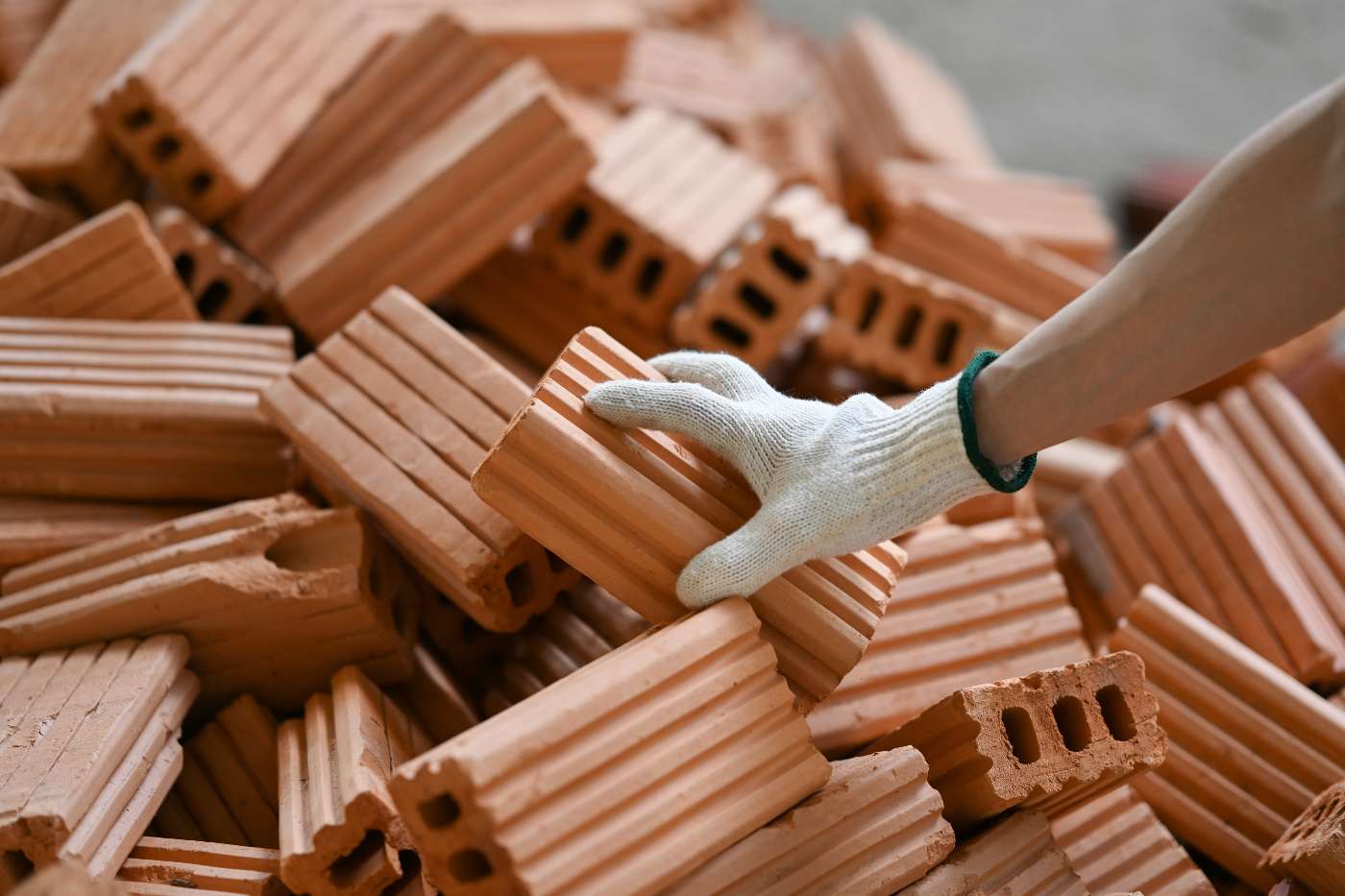Choosing suitable building materials for a construction project is one of your most critical decisions. The materials you select profoundly impact your project's durability, aesthetics, functionality, and sustainability. With an overwhelming array of options available, understanding the characteristics, benefits, and considerations of different building materials is essential for making informed choices. This blog post will explore the significance of selecting suitable building materials and provide insights to help you make the best decisions for your construction project.
I. Understanding building material selection
A. Impact on Project Success: The choice of building materials directly influences a construction project's performance, longevity, and overall success. The materials you choose, from structural integrity to energy efficiency, significantly impact the result.
B. Functionality and Purpose: Different building materials offer unique properties and functionalities. Understanding the specific requirements of your project, such as load-bearing capacity, insulation needs, or aesthetic preferences, helps determine the most suitable materials.
C. Environmental Considerations: With growing concerns about sustainability and environmental impact, choosing eco-friendly materials can contribute to a greener construction industry. Assessing factors such as resource extraction, embodied energy, and recyclability aids in making environmentally conscious choices.
II. Common building materials and their benefits
A. Concrete: Known for its strength and versatility, concrete is widely used in construction. It provides durability, fire resistance, and thermal mass. Additionally, concrete can be molded into various shapes and finishes, making it suitable for different architectural designs.
B. Wood: A renewable and aesthetically appealing material, wood offers versatility and natural beauty. It is lightweight, easy to work with, and has excellent thermal insulation properties. Wood also provides a warm and inviting atmosphere.
C. Steel: Steel is renowned for its strength, durability, and flexibility. It offers excellent load-bearing capacity and is commonly used in commercial and industrial construction. Steel structures are known for their longevity, resistance to fire and pests, and ease of construction.
D. Brick and Masonry: Brick and masonry materials provide timeless charm and robustness. They offer excellent durability, sound insulation, and fire resistance. Brick and masonry structures are known for their longevity and low maintenance requirements.
E. Sustainable Materials: As sustainability becomes a priority in construction, several eco-friendly materials have gained popularity. These include recycled materials, bamboo, straw bales, and sustainable concrete alternatives. These materials offer reduced environmental impact and contribute to energy efficiency.
III. Factors to consider when choosing building materials
A. Project Requirements: Assessing the specific requirements of your project, such as structural needs, climate conditions, and budget constraints, helps narrow down the options. Consider load-bearing capacity, insulation, moisture resistance, and maintenance requirements.
B. Durability and Longevity: Opting for highly durable materials ensures that your construction stands the test of time. Evaluate the expected lifespan of different materials and their resistance to wear, decay, weathering, and other potential hazards.
C. Energy Efficiency: Energy-efficient materials contribute to reduced energy consumption and lower utility costs. To enhance the energy efficiency, look for fabrics with good insulation properties, such as low U-values for windows or high R-values for insulation.
D. Aesthetics and Design: Your project's visual appeal and architectural style play a crucial role in material selection. Consider the desired aesthetics, finishes, colors, and textures that align with your vision and project objectives.
E. Environmental Impact: Assess the environmental impact of the materials, including factors such as embodied energy, recyclability, and the use of sustainable resources. Choosing materials with a lower carbon footprint and minimal environmental harm aligns with sustainable practices.
Choosing suitable building materials is crucial to any construction project. From ensuring structural integrity to achieving energy efficiency and environmental sustainability, materials play a vital role in the success and long-term performance of a building. By understanding the unique characteristics, benefits, and considerations of various building materials, you can make informed decisions that align with your project goals. Whether it's the strength of concrete, the natural beauty of wood, the versatility of steel, or the timeless charm of brick, selecting the suitable materials paves the way for a successful and visually stunning construction project.

